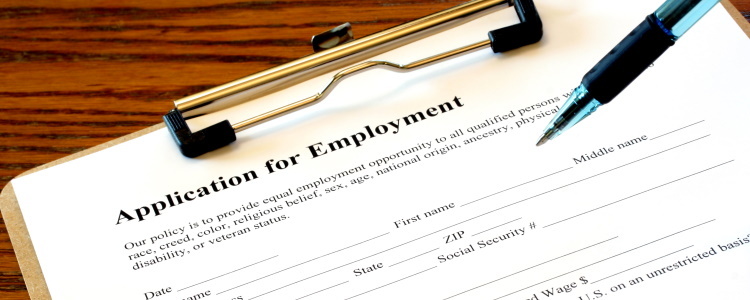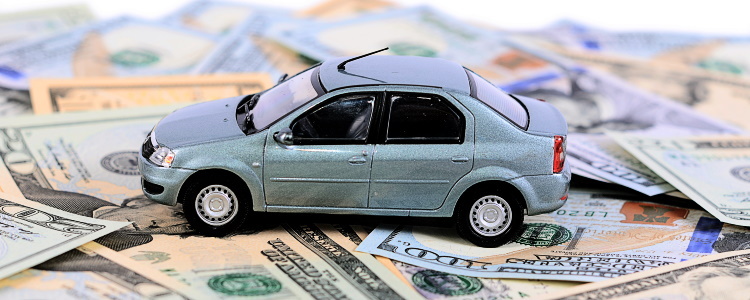Even if you’ve had a solid work history for a while but you’re currently collecting unemployment, you're going to run into some issues getting approved for an auto loan.
Laid Off or Unemployed: What it Means for New Credit
With all the uncertainty surrounding the coronavirus, financing big-ticket items has gotten tricky. Although more Americans are collecting unemployment than ever before, lenders don’t accept unemployment checks as an acceptable source of income, simply because it’s temporary. Lenders need your income to last for the duration of a loan, so being laid off almost always means a denial for a car loan.
Installment loans are typically a few years long, measured in months, with some loans stretching as long as 84 months, or more. On average, unemployment checks only last up to about six months, although states vary as to how long you're allowed to receive unemployment benefits.
However long you’re laid off, if you’re collecting unemployment benefits, it isn’t likely to last for an entire auto loan. Buying a reliable vehicle with cash isn’t usually an option for most people (especially when times are tough), and even no credit check dealerships typically require a stable work history and income.
However, you may be able to get into a car loan with some help from your spouse if they’re working, and if you work with the right auto lender.
A Co-Borrower Could Help
If you have a life partner or spouse, you may be able to qualify for a car loan if they have a qualifying income. Both of you would be on the auto loan, and both of you would be equally responsible for making the car payments. If your spouse is still working, you may be able to add them to an auto loan as the primary borrower.
Co-borrowers sign onto a loan together, and they combine their income with yours. It’s common for married couples to sign a contract for a vehicle together, since combining incomes can mean getting approved for a higher amount than if one person were to apply by themselves.
It's important that co-borrowers have the ability to co-mingle their incomes. Anyone else that signs onto a car loan without being able to combine incomes is a cosigner, not a co-borrower, which is something different. If you’re lacking income, a cosigner won’t help you get a loan. A cosigner is there to help you with credit score, not income issues.
If you and your co-borrower are struggling with credit issues, but together you have enough income, a subprime lender could be your next step.
Working With Different Lenders
A concern with many borrowers is that their credit scores have taken a hit thanks to the coronavirus pandemic and the widespread layoffs. However, there are lenders that work with borrowers in all types of credit situations, giving them a second chance at auto financing.
Subprime, or bad credit, lenders look at more than your credit history for car loan consideration. This means looking at income, work history, and overall living stability to determine your ability to complete an auto loan. If you decide to add a co-borrower to the application, both borrowers together will need to meet the lender’s income requirements and provide proof of income, residence, a working phone, identity, as well as other stipulations and a down payment.
If you’re ready to work with a subprime lender, fill out our free car loan request form. Here at Auto Credit Express, we match borrowers to special finance dealerships that work with subprime lenders. Our form is completely secure and online, and we’ll get to work looking for the dealer you need for your next vehicle.
















